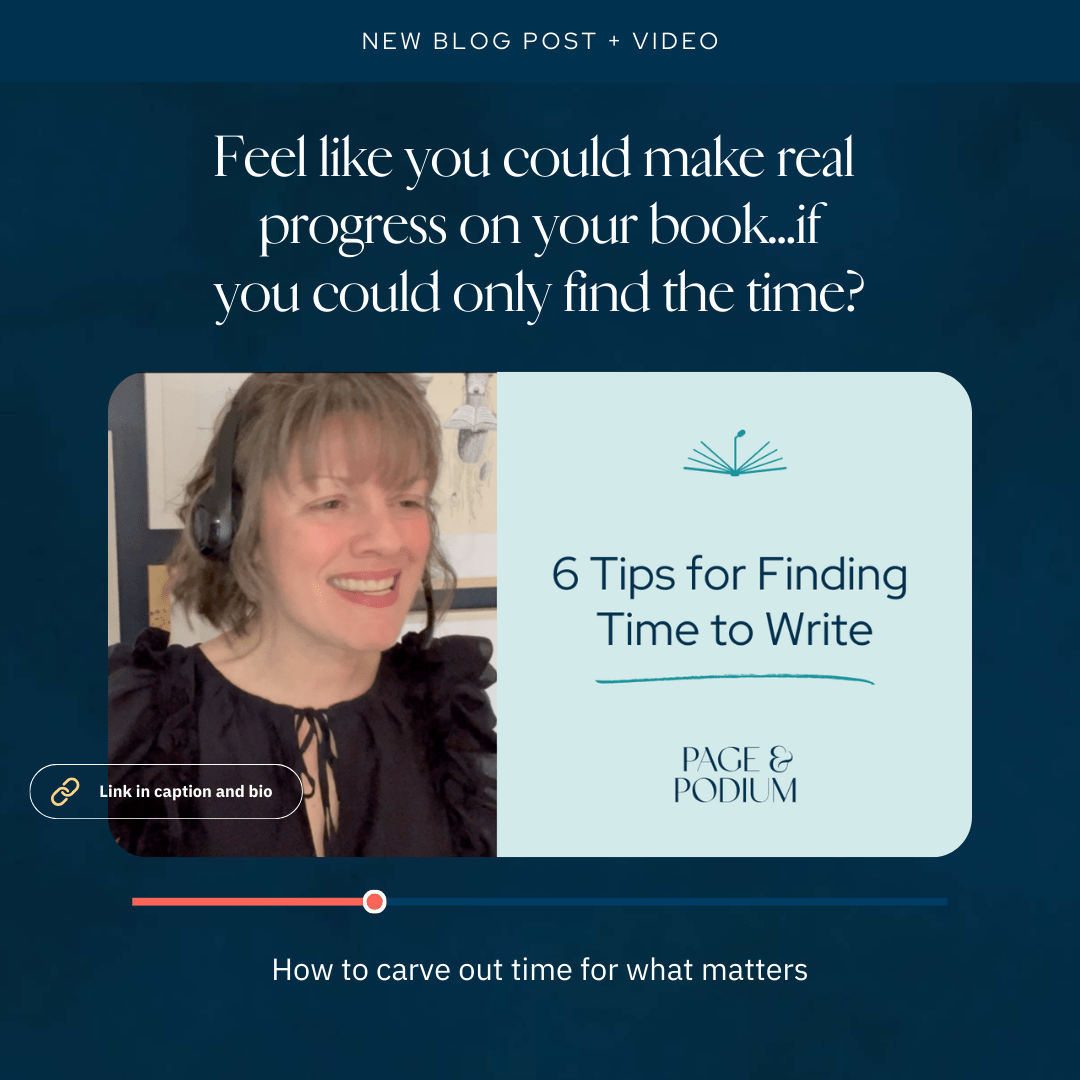“I am settling into the idea that I am an author,” – DAS coaching client
When you picture an author, what do you see? Do you see a middle-aged white man hunched over a typewriter in a dark, dusty office stacked with literary theory? Do you see only the famed and far-away authors you read in school? Do you see yourself?

Many people struggle to align themselves with their ideas of what an author is and should be. But, you’re probably much closer than you think.
English was always my favorite subject in school. When I got to high school, I was excited to start reading all of the classics people had been talking about for years. Shakespeare’s Romeo and Juliet, Nathaniel Hawthorne’s The Scarlet Letter—I was ready to see what people considered to be the greatest works of writing.
One of the first works my class read was To Kill a Mockingbird by Harper Lee. One of the most revered pieces of American literature, I could hardly hold back my anticipation as I opened the pages to see what I thought would be the elegant, complex, and perfect writing of a real author.
“The point of great literature isn’t perfection or overly academic and complex language. Great literature doesn’t have to have perfect grammar.”
Well, if you’ve ever read the book yourself, you’ll know that Lee’s language is very ordinary and easy to read. Today, I know that this was an adept and intentional move: the book’s timely and impactful themes needed to be able to shine through, and inaccessible, academic language would have made that difficult for most readers.
But when I read it for the first time as a high school Freshman, I was shocked. This is it? This is what everyone has been raving about? This is one of the greatest works of literature of all time? It’s so easy.

It was only as I worked my way through the book’s chapters that I realized my mistake. The point of great literature isn’t perfection or overly academic and complex language. Great literature doesn’t have to have perfect grammar. Renowned books are great for other reasons.
The same goes for authors. You may hesitate to call yourself an author because you haven’t done this before. You never mastered the commas your English teacher kept marking with red pen on all of your essays, and you don’t know the first thing about literary theory.
While academic expertise is certainly nothing to scoff at, you don’t always need it to consider yourself an author. Writing is an art—a creative medium. The greatest works of our time aren’t placed on that pedestal because their authors were perfect—they are revered because their stories had an impact. You’ve chosen to write and publish a book because you have something to say. Maybe you’re writing to help other people or participate in a conversation. Maybe you’re starting the conversation. Maybe you just know that your story needs to be told.
We think so, too. Whether you’re brainstorming in a journal or Word document, writing your manuscript, or hiring someone to write your book for you (we are a ghostwriting company, after all), you are an author. You have taken the great leap that is putting your ideas on paper. Don’t ever doubt yourself just because you aren’t what you thought was a “typical” author.
And, if you do decide you’d like some assistance, DAS Author Services is more than happy to help.



